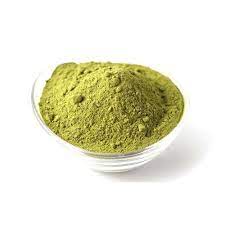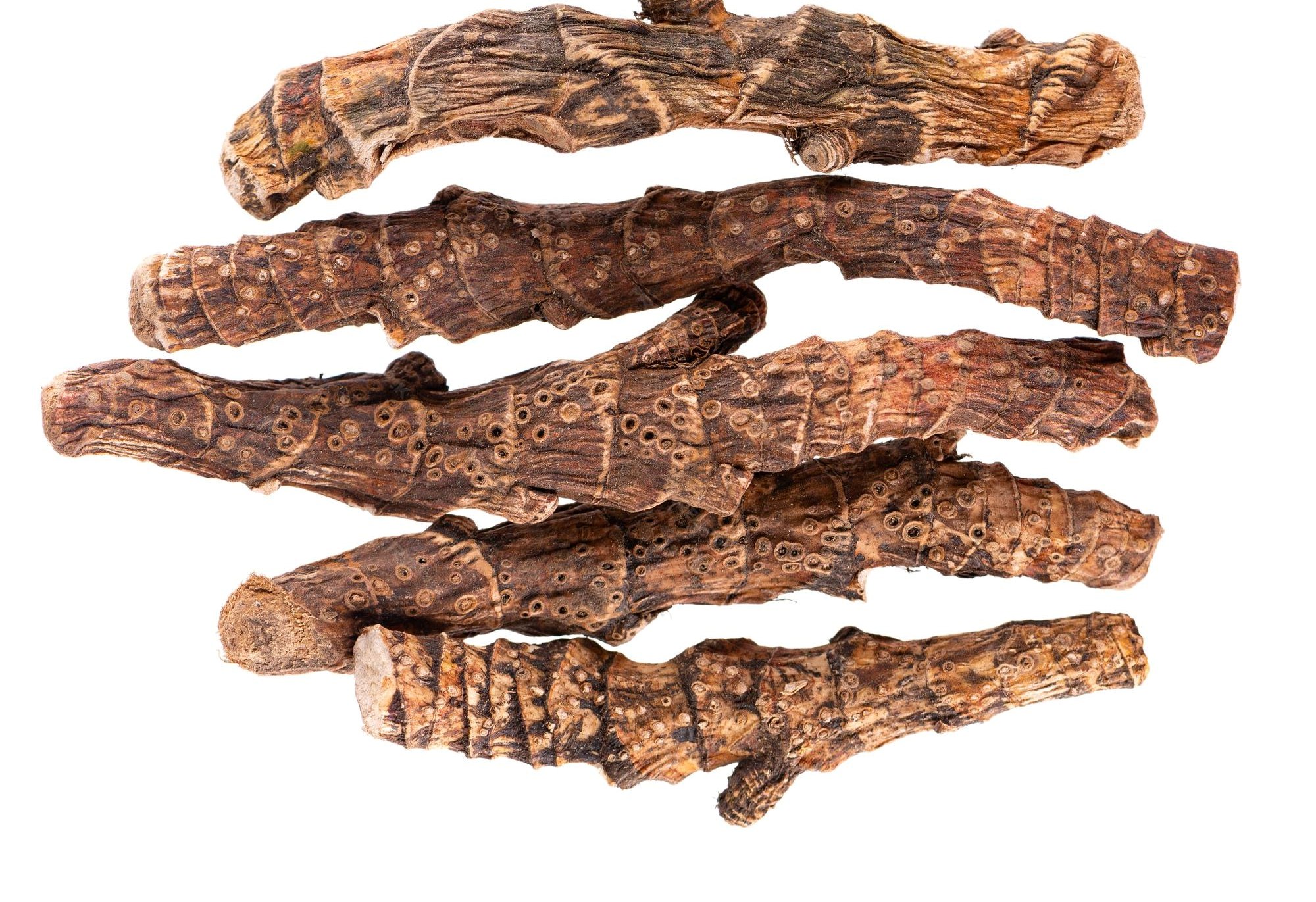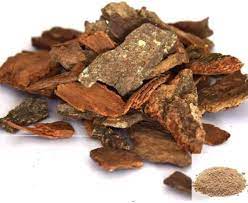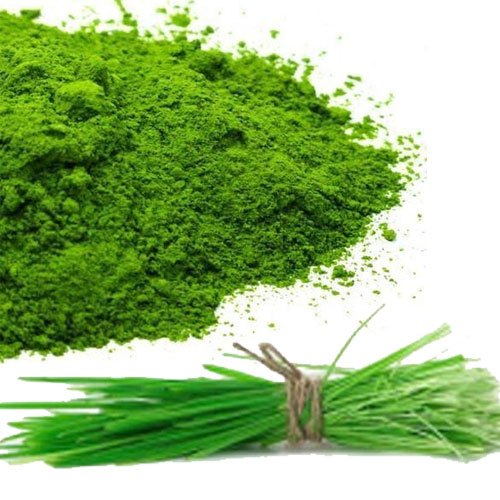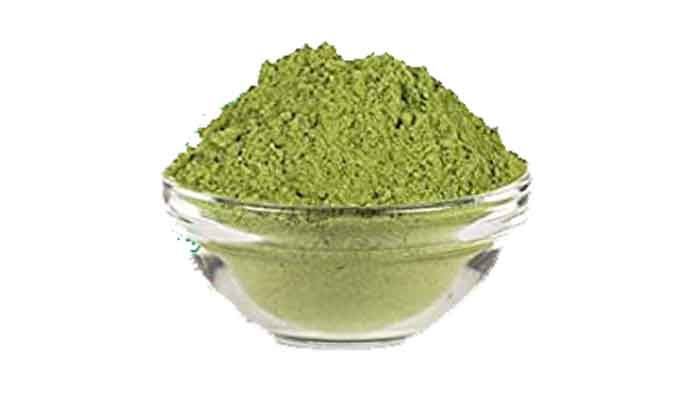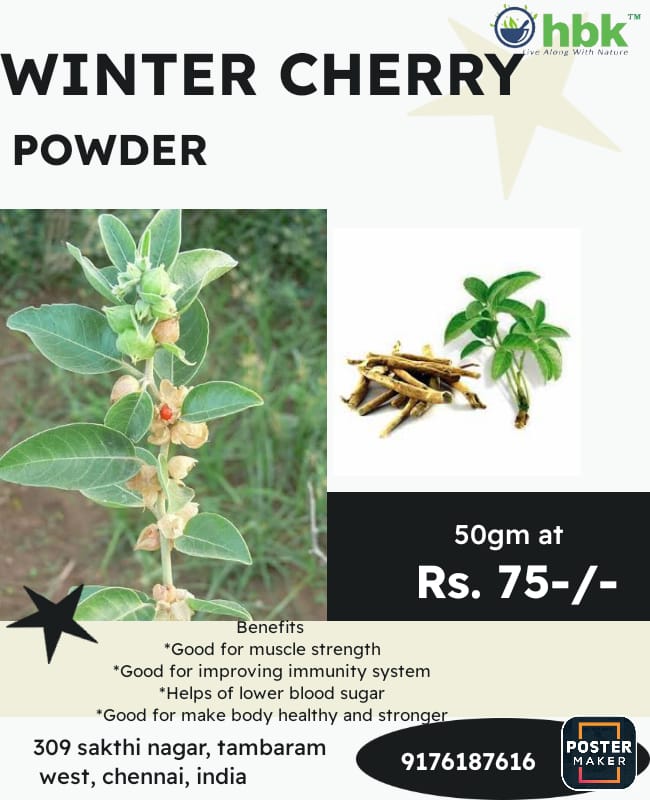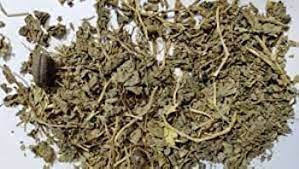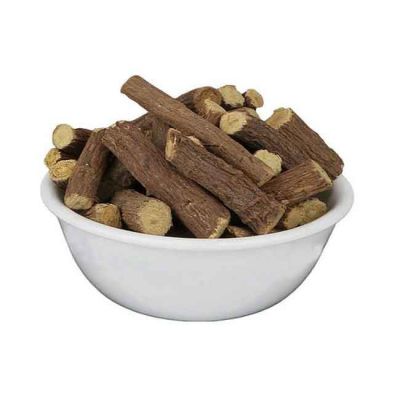What Are the Traditional Uses of Yellow Fruit Nightshade in Herbal Medicine?
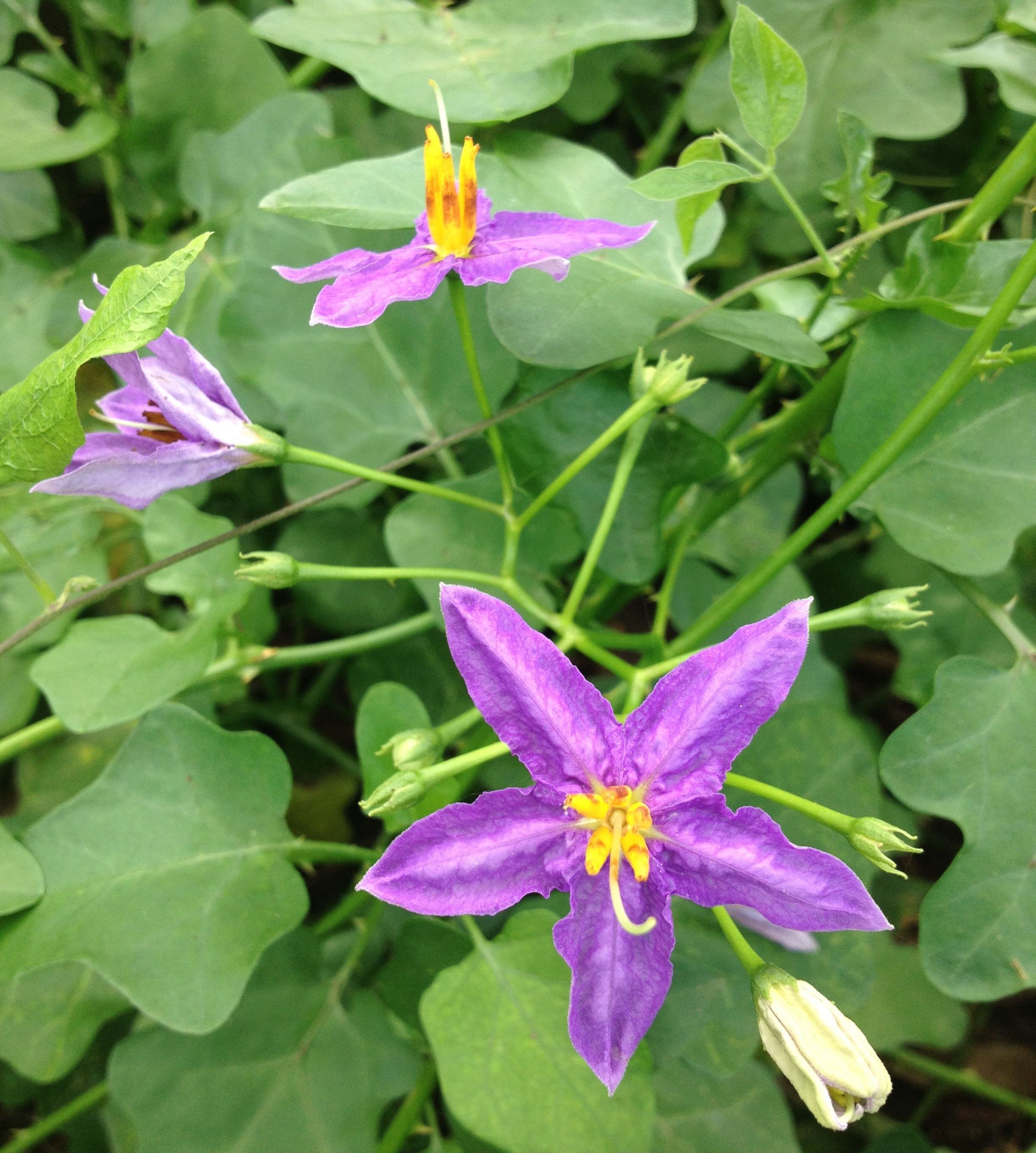
The yellow fruit nightshade (Solanum xanthocarpum), also known as kantakari in Ayurveda, has been an essential part of traditional herbal medicine for centuries. Known for its unique therapeutic properties, this plant and its powder are frequently used in Ayurveda and traditional medicine practices across Asia to treat a range of ailments. Let’s dive into the rich history and traditional applications of yellow fruit nightshade and how modern research is beginning to validate some of these age-old practices.
1. Historical Significance and Context
- Ayurvedic Classification: In Ayurveda, yellow fruit nightshade is one of the “Dashamoola” herbs—a group of ten medicinal plants commonly used in Ayurvedic formulations to balance the doshas (Vata, Pitta, and Kapha).
- Uses Across Cultures: Traditional medicine systems across India, China, and Southeast Asia have long regarded this herb for its healing qualities, particularly for respiratory and inflammatory conditions.
- Energetics and Properties: Ayurveda describes this herb as having a pungent, bitter taste, with hot and dry qualities, making it effective for removing excess Kapha and aiding digestion.
2. Respiratory Health
- Treatment for Asthma and Cough: One of the most notable traditional uses of yellow fruit nightshade is for respiratory conditions, such as asthma, chronic cough, and bronchitis. It is believed to reduce phlegm and ease breathing difficulties.
- Natural Expectorant: The herb acts as a natural expectorant, helping to loosen mucus and clear congestion. In Ayurveda, it is often combined with other herbs, like ginger and tulsi, to create a potent remedy for colds and respiratory infections.
- Anti-inflammatory Effects: The herb is believed to reduce inflammation in the airways, providing relief from conditions that cause wheezing and shortness of breath.
3. Joint and Muscle Pain Relief
- Anti-inflammatory Properties: Yellow fruit nightshade has traditionally been used to treat joint pain, arthritis, and muscle soreness due to its anti-inflammatory properties.
- Pain-Relieving Applications: In traditional practices, a paste made from yellow fruit nightshade powder is applied to sore joints and muscles for relief. This topical use is thought to help ease pain and improve mobility, especially in cases of rheumatism.
- Herbal Massage Oils: Ayurvedic practitioners often include this herb in medicinal oils for massages, which are used to relieve stiffness, swelling, and pain in the muscles and joints.
4. Digestive Health
- Stomach Disorders: Yellow fruit nightshade has been traditionally used as a digestive aid to relieve bloating, gas, and other stomach issues. It is said to stimulate digestive fire (agni), reducing symptoms of indigestion and supporting a healthy gut.
- Anti-Parasitic Effects: The herb has been used to address intestinal parasites and infections due to its antimicrobial properties.
- Improves Appetite and Digestion: In Ayurvedic formulations, yellow fruit nightshade is often used in digestive tonics, believed to help stimulate appetite and enhance nutrient absorption.
5. Skin Health and Wound Healing
- Treatment for Skin Conditions: Traditional healers have used yellow fruit nightshade for skin ailments such as acne, eczema, and boils due to its antibacterial and anti-inflammatory effects.
- Wound Healing: The herb is sometimes applied to minor wounds and sores to promote healing, as it is thought to have antiseptic properties that prevent infection.
- Clearing Acne: Used in face masks or pastes, yellow fruit nightshade powder may help reduce acne and skin inflammation, especially when mixed with turmeric and other herbs.
6. Fever and Immune Support
- Antipyretic (Fever-Reducing) Properties: In Ayurveda, yellow fruit nightshade is believed to help reduce fever due to its cooling and detoxifying properties.
- Immune System Support: The herb is traditionally used to boost immune health, protecting the body against recurring infections, especially in the respiratory and digestive tracts.
- Infection Prevention: Thanks to its antimicrobial properties, yellow fruit nightshade powder is sometimes taken to prevent infections and support overall immunity, particularly in seasonal transitions when colds and flu are common.
7. Urinary Health
- Relief from Urinary Issues: Yellow fruit nightshade has been used in traditional medicine to treat urinary tract infections and ease symptoms such as burning and frequent urination.
- Kidney Health: Ayurveda considers this herb beneficial for kidney health. It’s often used in herbal combinations aimed at supporting kidney function and detoxification.
Modern Research and Validation
- Recent studies have begun to explore the bioactive compounds in yellow fruit nightshade, validating many of its traditional uses. For example, research supports its antimicrobial, anti-inflammatory, and antioxidant effects, which align with its uses in treating infections, respiratory health, and pain relief.
- Compounds like solasodine, present in the herb, have shown promising results in studies on immune support and anti-inflammatory applications, further affirming the traditional knowledge surrounding this powerful plant.
Conclusion
Yellow fruit nightshade has been revered for centuries as a potent herbal remedy in traditional medicine. From respiratory health and digestive support to pain relief and skin care, this herb provides a natural way to address various health issues. Today, modern research continues to uncover the therapeutic benefits of yellow fruit nightshade, confirming its value in both traditional and contemporary herbal medicine.
CLICK HERE



